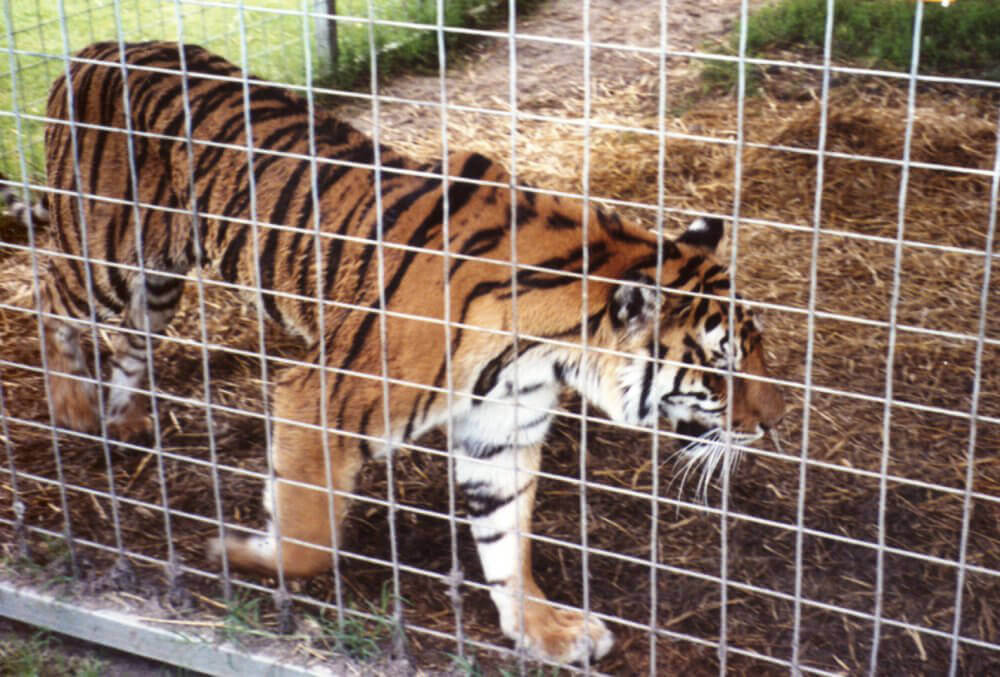PETA Finds Success With USDA FOIA Lawsuit—the Agency Finds the Bill
Update: October 16, 2020
The U.S. Department of Agriculture (USDA) failed animals abused in laboratories, roadside zoos, circuses, and puppy mills when it illegally scrubbed public records from its website in 2017 in what’s now known as the “USDA Blackout.” When the agency refused to hand over these records under the Freedom of Information Act (FOIA), PETA filed a first-of-its-kind lawsuit to get them—and instead of failing animals, we prevailed for them.
Yesterday, we and co-plaintiff Delcianna Winders successfully settled our FOIA lawsuit against the USDA.
The lawsuit prompted the USDA to provide PETA and Winders, an assistant clinical professor and animal law litigation clinic director at Lewis & Clark Law School, with the bulk of the requested records. The agency also agreed to pay PETA’s and Winders’ attorneys’ fees.
For the monkeys, tigers, elephants, dogs, and others abused in animal-exploiting industries, we will continue to demand transparency from the USDA.
Originally published on June 7, 2018:
When the U.S. Department of Agriculture (USDA) scrubbed thousands of federal Animal Welfare Act (AWA) enforcement records from its website last year and refused to post new ones, it told the public that these records could be obtained through Freedom of Information Act (FOIA) requests. But the USDA has dragged its feet for well over a year in responding to multiple requests for such records, so this morning, PETA filed a first-of-its-kind lawsuit challenging the USDA’s failure to release the records as required by federal open-records law.
“The USDA’s own Office of the Inspector General has condemned the agency’s failure to enforce the Animal Welfare Act meaningfully, and this refusal to hand over enforcement documents appears to be an attempted cover-up of that failing,” says PETA Foundation Vice President and Deputy General Counsel Delcianna Winders. “PETA is leading the charge against the USDA’s assault on transparency, which serves only to protect puppy mills, roadside zoos, laboratories and other businesses that abuse animals.”

To date, PETA and Delcianna Winders, who is a co-plaintiff in the suit, haven’t received any records in response to the combined 17 FOIA requests that they’ve submitted since December 2016. These include Winders’ February 2017 FOIA request for records related to the USDA’s decision to black out its website, even though the agency agreed to grant the request expedited treatment.
PETA has been campaigning against the USDA’s lack of transparency throughout its blackout on enforcement records. The group has published many of the scrubbed documents, filed lawsuits against the agency over the removal of records from its website, and more.

